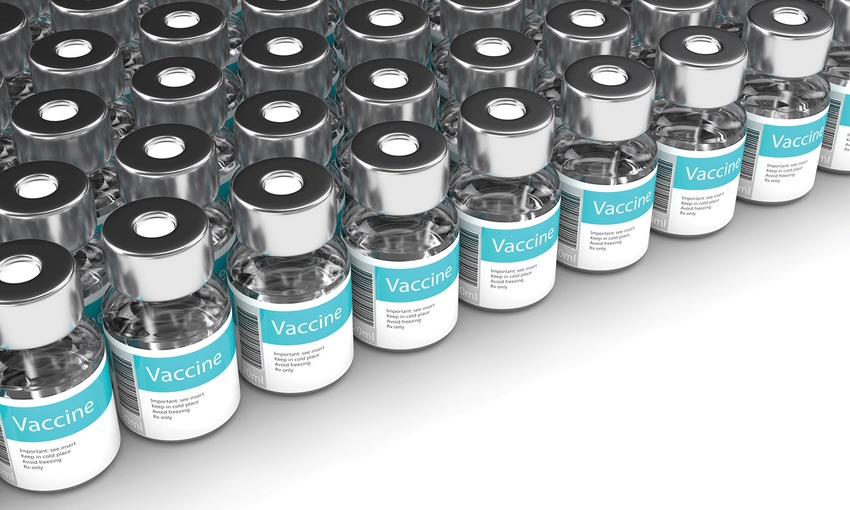APHIS seeks comment on foot-and-mouth disease vaccine petition
Manufacturer asserts that because the vaccine has been modified and no longer able to produce infection, it should be able to be produced on U.S. mainland.
July 13, 2020

The USDA Animal and Plant Health Inspection Service is seeking public comment on a petition from a vaccine manufacturer seeking approval to produce foot-and-mouth disease vaccine consisting of a modified non-infectious and non-transmissible strain of the virus on the U.S. mainland.
Access to FMD vaccine is an important part of our FMD preparedness efforts, but to protect against the introduction of this devastating livestock disease, the live virus of FMD is not allowed anywhere in the country except for the Plum Island Animal Disease Center where it is held and worked with under very strict biocontainment procedures. (That exemption will also apply to its successor facility, the National Bio and Agro-Defense Facility, after the facility is complete).
The vaccine, which was developed jointly with USDA's Agricultural Research Service, is non-infectious, non-transmissible and incapable of causing the disease because it has been modified in such a way that it is no longer able to produce infection. The manufacturer asserts that because the FMD virus is no longer able to produce infection, it should not be considered live virus of FMD and should be able to be produced on the U.S. mainland.
As part of the petition review process, APHIS is seeking comments from the public on two topics: the manufacturer's interpretation of live virus and whether there is support for manufacturing the vaccine in the United States. Public comments will be accepted through Sept. 14. APHIS will thoroughly review all comments before making its determination.
FMD is a severe and highly contagious viral disease affecting cows, pigs, sheep, goats, deer and other animals with divided hooves. It was eradicated from the United States in 1929, but if it were to infect the U.S. livestock industry, it would cause devastating economic effects.
Source: USDA Animal and Plant Health Inspection Service, which is solely responsible for the information provided, and wholly owns the information. Informa Business Media and all its subsidiaries are not responsible for any of the content contained in this information asset.
About the Author(s)
You May Also Like



